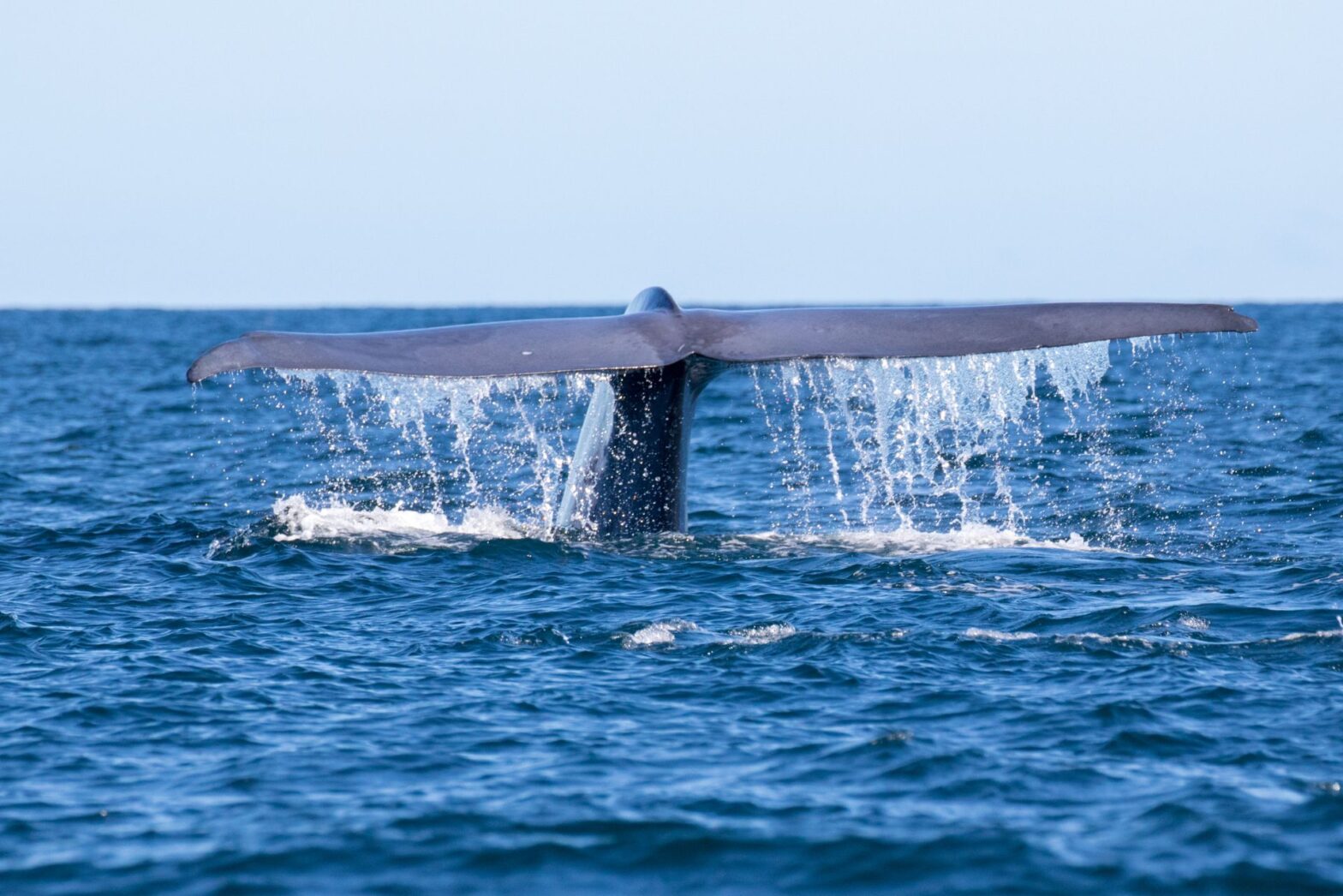40th anniversary of global ban on commercial whaling celebrated
In July 1982, the member nations of the international Whaling Commission (IWC) held an historic meeting at the Metropole Hotel in Brighton, UK, and agreed a global ban on commercial whaling, which remains in place today and is hailed as one of the most significant conservation victories of all time.
To commemorate the anniversary, a permanent memorial plaque at the Hilton Metropole Hotel was unveiled at a reception attended by past and present members of the IWC, dignitaries and Members of the UK Parliament. The event was co-hosted by leading animal conservation and protection charities working at the IWC, including the UK representatives of the Animal Welfare Institute, Born Free Foundation, Environmental Investigation Agency, Greenpeace, Humane Society International/UK, IFAW, OceanCare, ORCA and Whale and Dolphin Conservation.
In his speech, James Smith the Commissioner to the IWC of the United Kingdom reaffirmed the country’s commitment to the conservation and welfare of whales, and the future of the IWC, saying: «I am delighted to announce that the UK has made a £300,000 contribution to the IWC, including £75,000 for the IWC’s important conservation work, and £75,000 to support the participation of developing countries in the IWC.»
Originally established in 1946 to conserve whales in order to manage hunting quotas, the IWC has since evolved to address myriad anthropogenic threats, such as fisheries bycatch, that kill hundreds of thousands of cetaceans a year. The IWC is now central to global cetacean conservation and welfare efforts, including overseeing regional efforts to prevent entanglement and vessel strikes, and advancing the scientific understanding of cetacean sentience and suffering. The UK’s funding therefore comes as a huge boost to global efforts to protect these ocean giants for generations to come.
Mark Simmonds OBE, Director of Science for OceanCare, who attended the event said: «Historically, the whales had been viewed as huge swimming barrels of oil, blubber and meat, ripe for the plundering. By 1982, when the moratorium was agreed, they were much better known, the grace and grandeur of these social mammals had been revealed by ground-breaking underwater cinematography, and we were increasingly concerned about the cruelty of whaling. And now, forty years on, we know so much more! New species and populations have been discovered and we also recognize cultural units with unique behaviours, and we are also busy exploring the contributions that the whales make to keeping our essential marine ecosystems healthy. Now is the time to make the moratorium complete and for all commercial whaling to end.»

